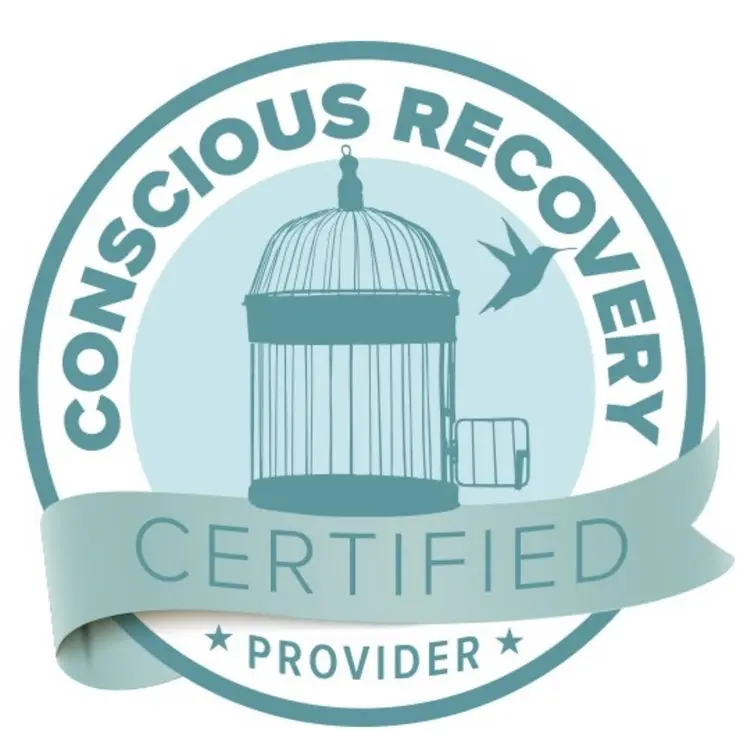If you or someone you love has experienced intimate partner violence (also colloquially referred to as domestic violence), you’re not alone—and healing is possible. This October, during Domestic Violence Awareness Month, Monima Wellness Center is proud to sponsor the 2025 No Silence No Violence Annual Fundraiser, “Jewels of the Night,” a powerful evening dedicated to supporting survivors and raising awareness about the path to healing.
Taking place on Thursday, October 23, 2025, at The Historic Thursday Club in San Diego, this inspiring gala brings together survivors, advocates, and community members committed to breaking the silence surrounding intimate partner violence. The evening features dinner, drinks, live and silent auctions, music, and courageous survivor stories that celebrate strength and resilience. Learn more about the event and purchase tickets here.
Why This Matters: Understanding Intimate Partner Violence

Intimate partner violence affects millions of women each year, leaving lasting impacts that extend far beyond physical harm. The emotional and psychological effects—including anxiety, depression, PTSD, and difficulties trusting others—can make daily life feel overwhelming and isolating.
October marks Domestic Violence Awareness Month, a time when communities across the nation unite to raise awareness and support survivors. But the reality is that healing doesn’t happen in just one month—it requires ongoing support, specialized care, and a community that believes in your strength and resilience.
That’s why events like the No Silence No Violence Gala matter. They create spaces where survivors are honored, stories are heard, and resources become available to those who need them most.
Why Monima Wellness Supports No Silence No Violence
Speaking Out for No Silence No Violence provides critical, life-saving services that create immediate safety for women in crisis. Their 24/7 crisis line, emergency shelter, legal advocacy, counseling services, and prevention education programs reach thousands of San Diego County residents each year.
Monima Wellness is honored to support NSNV’s vital work because we share a common belief: every woman deserves access to safety, support, and the opportunity to heal. While NSNV provides crisis intervention and immediate safety, Monima offers specialized mental health treatment for women ready to process trauma, rebuild their sense of self, and create the healthy relationships they deserve.
By sponsoring the 2025 gala, we’re joining a larger ecosystem of care—one that meets women wherever they are in their journey, from crisis to lasting recovery.
A Path Forward: Healing From Intimate Partner Violence

For many women, leaving an abusive relationship is just the beginning of the healing journey. The trauma doesn’t simply disappear once you’re safe—it often shows up in unexpected ways:
- Difficulty trusting new people or forming close relationships
- Hypervigilance or feeling constantly on edge
- Questioning your own judgment and decision-making
- Struggling with anxiety, depression, or trauma responses
- Finding it hard to set boundaries or recognize your own needs
- Carrying shame or self-blame for what happened
If any of this feels familiar, please know that these responses are normal reactions to abnormal situations. Your nervous system learned to protect you in an environment where safety was unpredictable—and now, with the right support, it can learn new patterns of safety and trust.
Specialized Treatment Designed for Women
At Monima Wellness, we understand that healing from intimate partner violence requires more than traditional therapy alone. Our women-only treatment environment creates a uniquely safe space for addressing the sensitive issues that arise after abusive relationships.
Our intimacy trauma treatment, offered through our specialized women’s programs in San Diego, is designed to help women process the complex trauma that develops in intimate relationships. We recognize that abuse from someone you loved and trusted creates unique wounds—and requires specialized approaches to healing.
How We Support Your Healing Journey
Our clinical team understands why leaving can be so difficult, how trauma bonds form, and how abuse impacts your ability to trust yourself and others. We combine evidence-based therapies with holistic healing approaches to address the whole person—mind, body, and spirit.
Trauma-Focused Therapies:
- EMDR Therapy helps your brain process traumatic memories in a way that reduces their emotional power over you
- Dialectical Behavior Therapy (DBT) provides practical skills for managing intense emotions and navigating relationships more effectively
- Cognitive Processing Therapy (CPT) addresses the negative beliefs about yourself and others that often develop after abuse
- Attachment-Based Therapy helps you understand how past relationships have influenced your patterns and creates opportunities for healthier connections
Body-Based Healing:
Because trauma lives in the body, not just the mind, we incorporate approaches that help you reconnect with yourself physically:
- Trauma-informed yoga in a safe, women-only environment
- Breathwork to calm your nervous system and release stored tension
- Acupuncture and Traditional Chinese Medicine to address the physical effects of chronic stress
- Sound healing and other holistic modalities that facilitate emotional release
Rebuilding Your Life and Relationships
Recovery isn’t just about healing from past harm—it’s about building the life and relationships you deserve. Our treatment helps you:
- Recognize early warning signs of unhealthy dynamics
- Develop and maintain boundaries that honor your needs
- Communicate directly and assertively without fear
- Rebuild trust in your own judgment and intuition
- Release shame and practice self-compassion
- Connect with other women who understand your journey
Finding the Right Level of Support
Every woman’s healing journey looks different. We offer flexible treatment options to meet you where you are:
Intensive Outpatient Program (IOP): Provides 9-15 hours of weekly therapeutic support while allowing you to maintain work, family, or other responsibilities. Ideal if you’re functioning in daily life but need more than traditional weekly therapy.
Partial Hospitalization Program (PHP): Offers over 30 hours of weekly treatment through comprehensive therapy, holistic healing, and psychiatric care. This intensive option provides structured daily support while still allowing you to return home each evening.
Both programs begin with a thorough assessment to understand exactly how intimate partner violence has impacted your life, ensuring we create a treatment plan tailored specifically to your needs.
Join Us in Supporting Domestic Violence Survivors

The 2025 No Silence No Violence Gala represents more than a fundraising event—it’s a powerful statement that our San Diego community refuses to accept intimate partner violence as inevitable. Every ticket purchased and donation made contributes to creating a world where women can access the safety, support, and healing resources they deserve.
Just as precious gems are formed under intense pressure, survivors shine with incredible strength and resilience. This October, during Domestic Violence Awareness Month, we invite you to join us in honoring that courage and supporting survivors’ journeys forward.
Whether you attend the gala, support NSNV’s mission, or reach out for treatment at Monima Wellness, you’re taking a stand against intimate partner violence and for the possibility of healing.
You Don’t Have to Navigate This Alone
If you’re reading this and recognizing your own experience in these words, we want you to know: what happened to you wasn’t your fault, your feelings make sense, and healing is possible. You deserve support from people who understand intimate partner violence and can help you process what you’ve been through.
At Monima Wellness Center, we create a safe, non-judgmental environment where your story is honored, your experiences are validated, and your healing is supported every step of the way. Our compassionate team specializes in helping women recover from intimate partner violence and rebuild their lives.
Recovery takes courage—but you’ve already shown how strong you are by surviving. Now, let us support you in moving from surviving to truly thriving.
Contact Monima Wellness today at (858) 500-1542 or visit our get started page to begin your journey toward healing and empowerment.
If you or someone you know is in immediate danger, please call 911. For 24/7 crisis support, contact the National Domestic Violence Hotline at 1-800-799-7233 or visit NSNV’s resource page. If you or a loved one is looking for comprehensive outpatient care with supportive transitional housing, contact Monima Wellness at (858) 500-1542. Our admissions team will help you verify your insurance coverage and plan your next steps.
FAQs About Intimate Partner Violence and Healing
Is Domestic Violence Awareness Month in October?
Yes, Domestic Violence Awareness Month takes place every October to raise public awareness about intimate partner violence and connect survivors with resources and support. Originally established in 1981, this month-long observance brings communities together to honor survivors, remember those lost to domestic violence, and educate the public about prevention and intervention. Organizations nationwide host events like the No Silence No Violence Gala, share educational resources, and advocate for policy changes that protect survivors and hold abusers accountable.
What is intimate partner violence?
Intimate partner violence (IPV) is a pattern of abusive behavior in romantic or intimate relationships where one partner seeks to gain or maintain power and control over the other. IPV can include physical violence, sexual abuse, emotional and psychological abuse, financial control, and stalking. It affects people of all backgrounds, though women are disproportionately impacted. Intimate partner violence often escalates over time and can have lasting effects on mental health, including anxiety, depression, PTSD, and difficulties trusting others.
How do I know if I’m in an abusive relationship?
Warning signs of intimate partner violence include a partner who isolates you from friends and family, controls your finances or daily activities, constantly criticizes or belittles you, threatens you or your loved ones, pressures you sexually, monitors your phone or whereabouts, blames you for their behavior, or uses physical force. If you feel afraid of your partner, walk on eggshells to avoid their anger, or have lost confidence in yourself since the relationship began, these are serious red flags. Trust your instincts—if something feels wrong, it’s important to reach out for support.
What should I do if someone I know is experiencing domestic violence?
If someone you care about is experiencing intimate partner violence, listen without judgment and believe what they tell you. Avoid criticizing their partner or pressuring them to leave, as this can increase danger and push them away. Instead, express concern for their safety, validate their feelings, and help them connect with resources like the National Domestic Violence Hotline (1-800-799-7233) or local organizations like NSNV in San Diego and Monima Wellness Center. Leaving an abusive relationship is often the most dangerous time, so supporting their decisions and safety planning is crucial. Let them know you’re there for them regardless of what they choose to do.
Can treatment help me heal from an abusive relationship?
Yes, specialized trauma-focused treatment can be incredibly effective for healing from intimate partner violence. Evidence-based approaches like EMDR, DBT, and Cognitive Processing Therapy help you process traumatic memories, manage difficult emotions, challenge negative beliefs that developed during abuse, and rebuild healthy relationship patterns. Many survivors also benefit from holistic approaches like trauma-informed yoga and breathwork that address how trauma is stored in the body. Working with treatment providers who specialize in intimate partner violence ensures you receive care from professionals who understand the complex dynamics of abusive relationships.
How long does it take to recover from intimate partner violence?
Healing from intimate partner violence is a personal journey that looks different for everyone. There’s no set timeline—recovery depends on factors like the duration and severity of abuse, your support system, access to specialized treatment, and your individual resilience. Some survivors notice improvements within weeks or months of beginning treatment, while others need longer to process complex trauma. What matters most is having access to the right support and moving at your own pace. With comprehensive, trauma-informed care, many survivors not only recover but experience post-traumatic growth, discovering strength and wisdom they didn’t know they possessed.
References
- Smith, S. G., Zhang, X., Basile, K. C., Merrick, M. T., Wang, J., Kresnow, M., & Chen, J. (2018). The National Intimate Partner and Sexual Violence Survey (NISVS): 2015 Data Brief – Updated Release. National Center for Injury Prevention and Control, Centers for Disease Control and Prevention. https://www.cdc.gov/violenceprevention/pdf/2015data-brief508.pdf
- Campbell, J. C. (2002). Health consequences of intimate partner violence. The Lancet, 359(9314), 1331-1336. https://doi.org/10.1016/S0140-6736(02)08336-8
- Coker, A. L., Davis, K. E., Arias, I., Desai, S., Sanderson, M., Brandt, H. M., & Smith, P. H. (2002). Physical and mental health effects of intimate partner violence for men and women. American Journal of Preventive Medicine, 23(4), 260-268. https://doi.org/10.1016/S0749-3797(02)00514-7
- Substance Abuse and Mental Health Services Administration. (2014). SAMHSA’s Concept of Trauma and Guidance for a Trauma-Informed Approach. HHS Publication No. (SMA) 14-4884. https://store.samhsa.gov/sites/default/files/sma14-4884.pdf
- Shapiro, F. (2014). The role of eye movement desensitization and reprocessing (EMDR) therapy in medicine: addressing the psychological and physical symptoms stemming from adverse life experiences. The Permanente Journal, 18(1), 71-77. https://doi.org/10.7812/TPP/13-098



